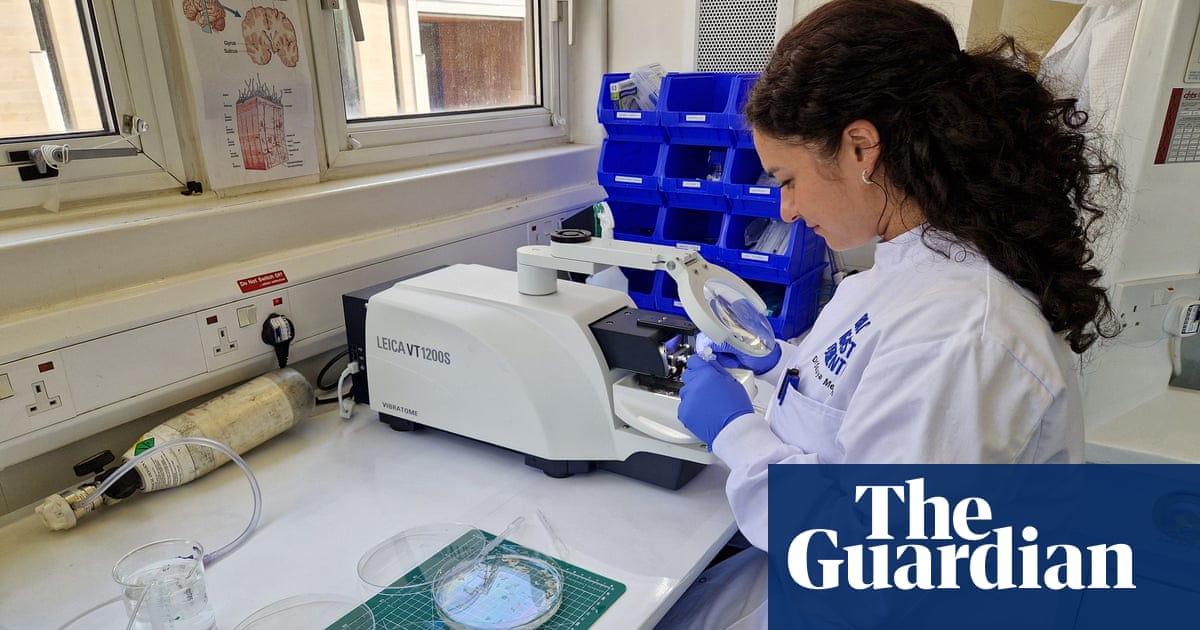
"In a world first, a British team successfully exposed healthy brain tissue from living NHS patients to a toxic form of a protein linked to Alzheimer's."
"This groundbreaking move offered a rare and powerful opportunity to see dementia developing in human brain cells, potentially accelerating the search for effective treatments."
"Experts stated that the new study approach could make it easier to test new drugs and boost the chances of finding a successful Alzheimerâs treatment."
"Dementia is forecasted to affect nearly 153 million people by 2050, highlighting the urgency in finding new ways to research and treat this condition."
Scientists in the UK have achieved a significant breakthrough by using living human brain tissue to model the early stages of Alzheimer's disease. This innovative approach allows researchers to observe the damage caused by a toxic protein, amyloid beta, in real time. By collecting small samples of healthy brain tissue from patients undergoing surgery, they offer a new avenue for studying dementia. Experts agree this method could facilitate drug testing and speed up the development of potential treatments, addressing the urgency of Alzheimer's, which is expected to impact millions more people in the coming years.
Read at www.theguardian.com
Unable to calculate read time
Collection
[
|
...
]